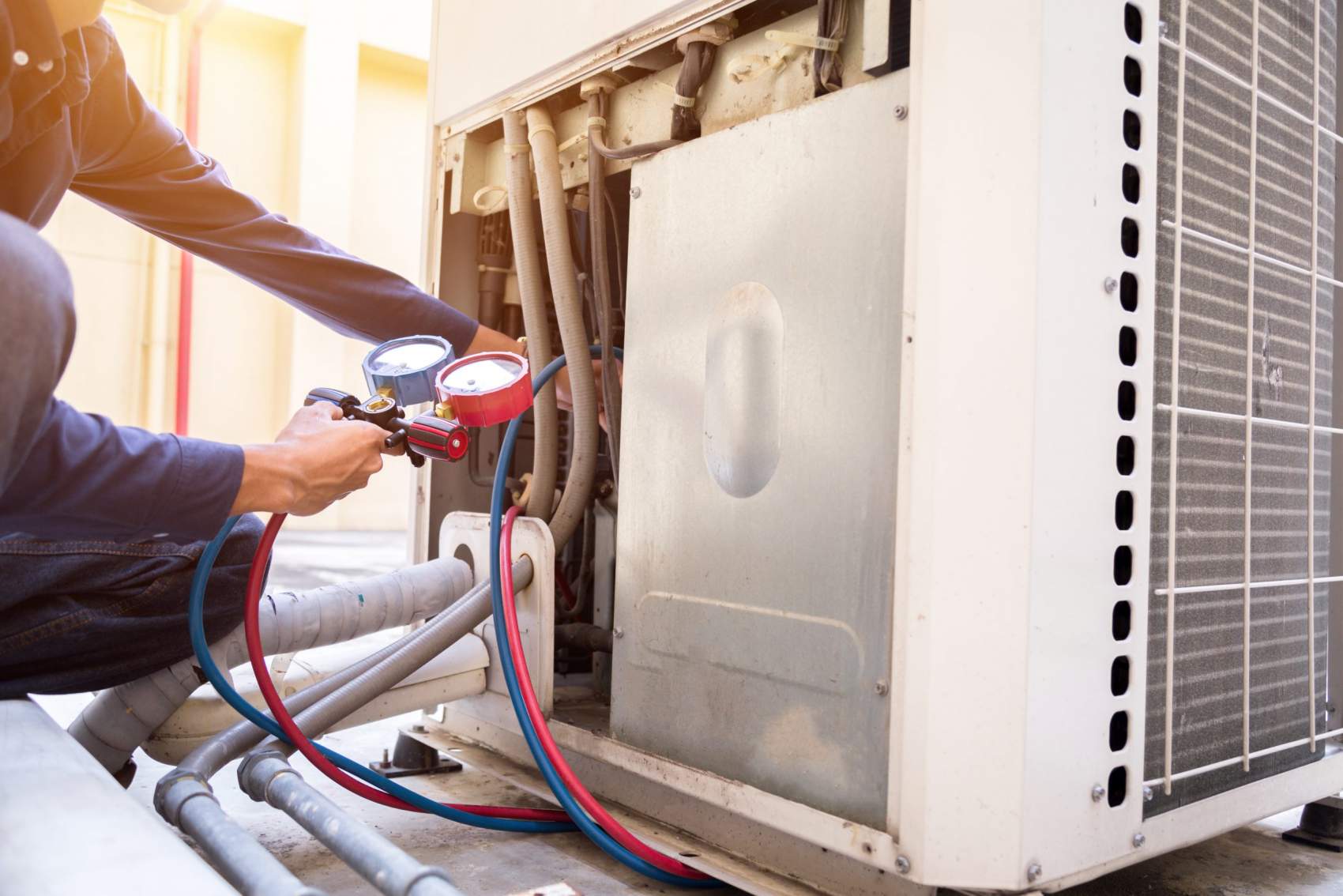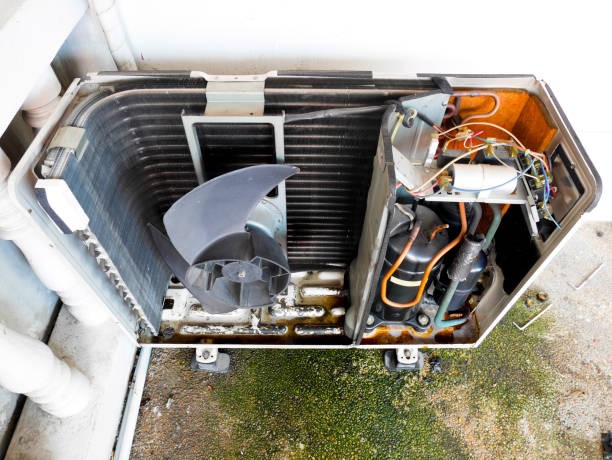As the summer heat decreases, your air conditioner becomes your oasis of incredible comfort. But what happens when that oasis starts to lose its chill? Low refrigerant levels could be to blame. This article explores low refrigerant, why it’s a problem, and how to address it to keep your AC running smoothly.
Understanding Low Refrigerant:
The vital component of your air conditioning system is refrigerant. It’s the substance responsible for absorbing heat from indoor air and releasing it outside, allowing your AC to cool your home effectively. When refrigerant levels are low, your AC’s cooling capacity is compromised, decreasing performance and comfort.
Causes of Low Refrigerant:
Several factors can contribute to low refrigerant levels in your AC unit:
- Leaks: Over time, wear and tear or corrosion can cause refrigerant leaks in the coils, connections, or other components of your AC system.
- Improper Installation: If your AC system was not installed correctly or the refrigerant was not appropriately charged during installation, it could result in low refrigerant levels.
- Evaporator Coil Issues: A dirty or damaged evaporator coil can hinder refrigerant transfer, leading to decreased levels in the system.
Signs of Low Refrigerant:
Detecting low refrigerant levels in your AC unit can be tricky, but some common signs include the following:
- Reduced Cooling Capacity: Low refrigerant levels could be the culprit if your AC struggles to keep your home cool despite running continuously.
- Warm Air from Vents: A decrease in cold air from your vents could indicate low refrigerant levels.
- Ice Buildup: While it may seem counterintuitive, low refrigerant levels cause ice to form on your AC’s evaporator coil, reducing airflow and efficiency.
Addressing Low Refrigerant:
If you suspect that your AC has low refrigerant levels, it’s essential to enlist the help of a qualified HVAC technician. They can thoroughly inspect your system to identify leaks or other issues and recharge the refrigerant. Additionally, they can address any underlying problems, such as damaged coils or connections, to prevent future leaks and ensure optimal performance.
Conclusion:
Low refrigerant levels can spell trouble for your AC system, decreasing cooling capacity and efficiency. By understanding the causes and signs of low refrigerant and taking proactive steps to address the issue, you can keep your AC running smoothly and your home cool and comfortable all summer. Schedule regular maintenance checks to catch any potential refrigerant problems early and keep your AC in top condition.


